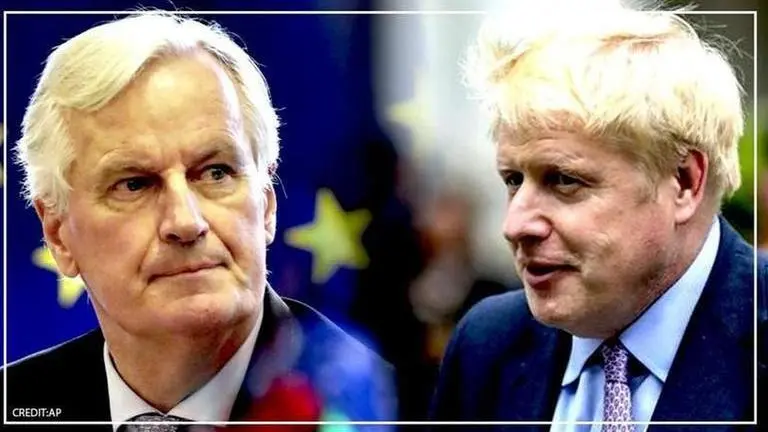Updated 2 March 2020 at 15:10 IST
Britain will not sell out its fishermen to strike deal with EU: UK lawmaker
Britain has said on Mar 2 that it will not sell out its fishermen as a part of a trade deal with the European Union nor will it lower its food standards for US.
- World News
- 3 min read

Britain has said on March 2 that it will not sell out its fishermen as a part of a trade deal with the European Union nor will it lower its food standards for a trade agreement with the United States. According to reports, British International Trade Secretary Liz Truss has also said that the country will “not diminish food safety standards” and “NHS will not be on the table” of negotiations with the US. She also reinstated that if Britain does not get the deal it wants, the lawmakers “will be prepared to walk away”.
Truss made the comments as the post-Brexit negotiations between Britain and the European Union are set to begin on March 2 with Michel Barnier setting terms for Brussels and UK advisor David Frost for London. As far as Britain is concerned, Brexit was “done” on January 31 even though they are still in an 11-month transition period with the 27-nation-bloc. The negotiations will take place in Brussels which will be mainly focussed on trade and trading standards, agriculture, security, transport, energy, fisheries and police cooperation.
The talks are taking place just over a month since Britain had ceased to be an EU member and Downing Street hopes to wrap up the talks which will lead the future relationship of both sides, by the end of this year. The most significant obstacle in the discussions still remains the trade as Britain is hoping to strike a 'Canada-style free trade agreement' which took several years for the leaders to sign. However, UK Prime Minister Boris Johnson has also released a statement saying that if “broad outline” of the agreement is not reached by June, it would “move away” from the talks. According to international reports, it is a tight timeframe that few lawmakers see as feasible for anything other than the barest of bare-bones accords.
Advertisement
Clouded by mistrust
Being in the transition period, Britain still trades like a member of the union with no tariffs or other barriers and it ends on December 31. Johnson has also denied the extension of the transition period but EU's Barnier has stated that he would “not conclude an agreement at any price”.
Advertisement
Media reports have also suggested that the upcoming negotiations will be clouded by 'mistrust' and weeks of debates as each side has placed blame on the other of shifting away from the goals set out in a non-binding political declaration which was struck last year. EU had set out its mandate last week with an aim to achieve a “fair and balanced” deal and assured “level playing field” to prevent Britain from undercutting costly European standards on labour, tax, environment and state subsidies.
Meanwhile, the UK has been insisting on setting its own rules in the name of “economic and political independence”. Barnier has told London to follow the binding Brexit withdrawal treaty which requires checks on British goods that will cross the Irish sea into UK's territory of Northern Ireland which still remains in EU's single market. But, Johnson has insisted that those proposed checks are apparently unnecessary. However, senior British ministers and officials from London have confirmed that they will abide by the terms of the treaty.
(With agency inputs)
Published By : Aanchal Nigam
Published On: 2 March 2020 at 15:10 IST
